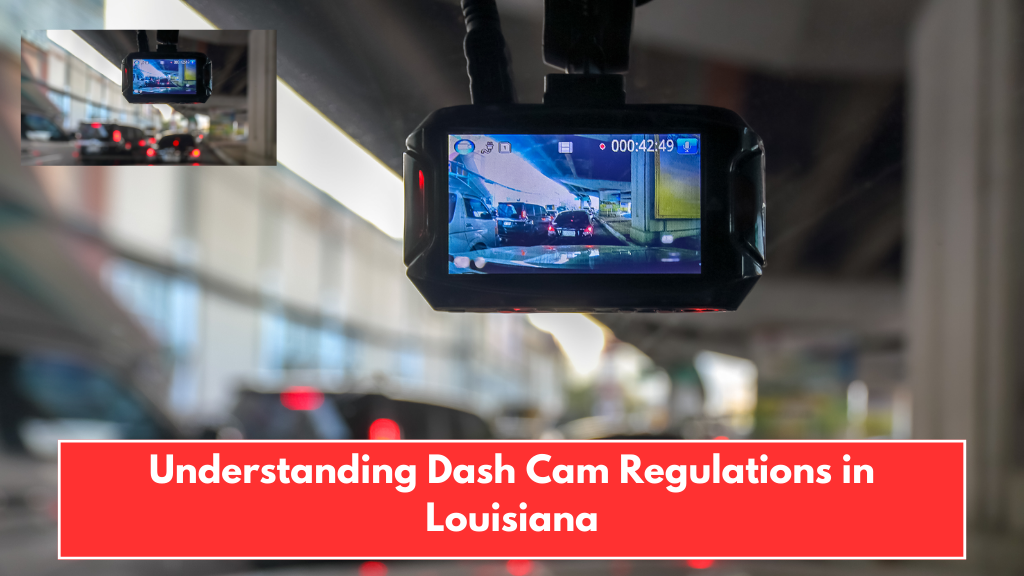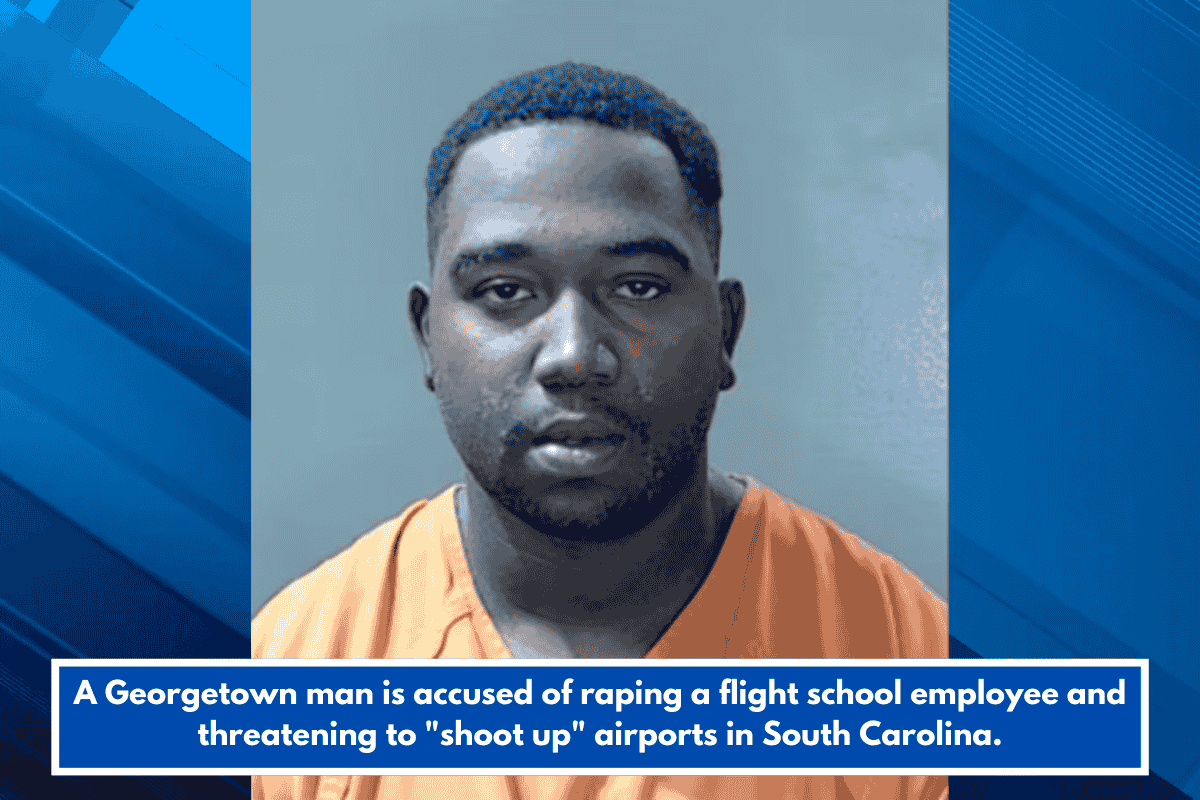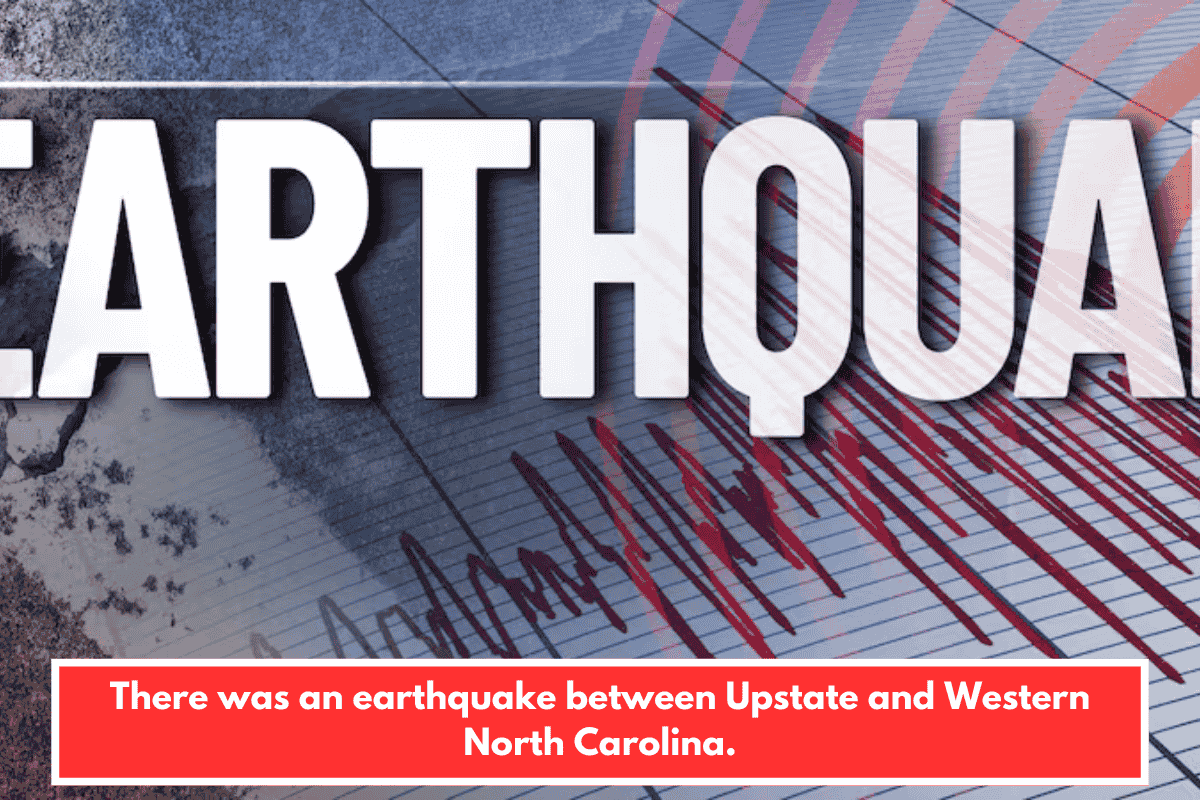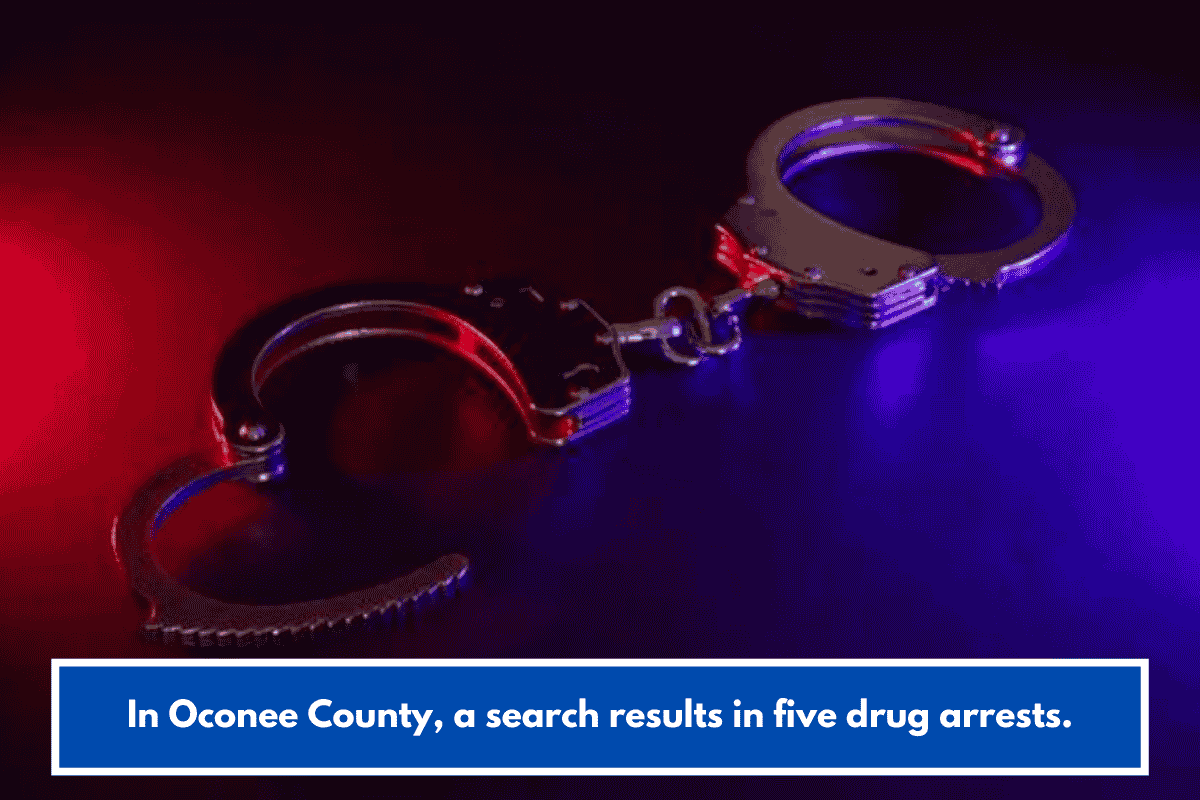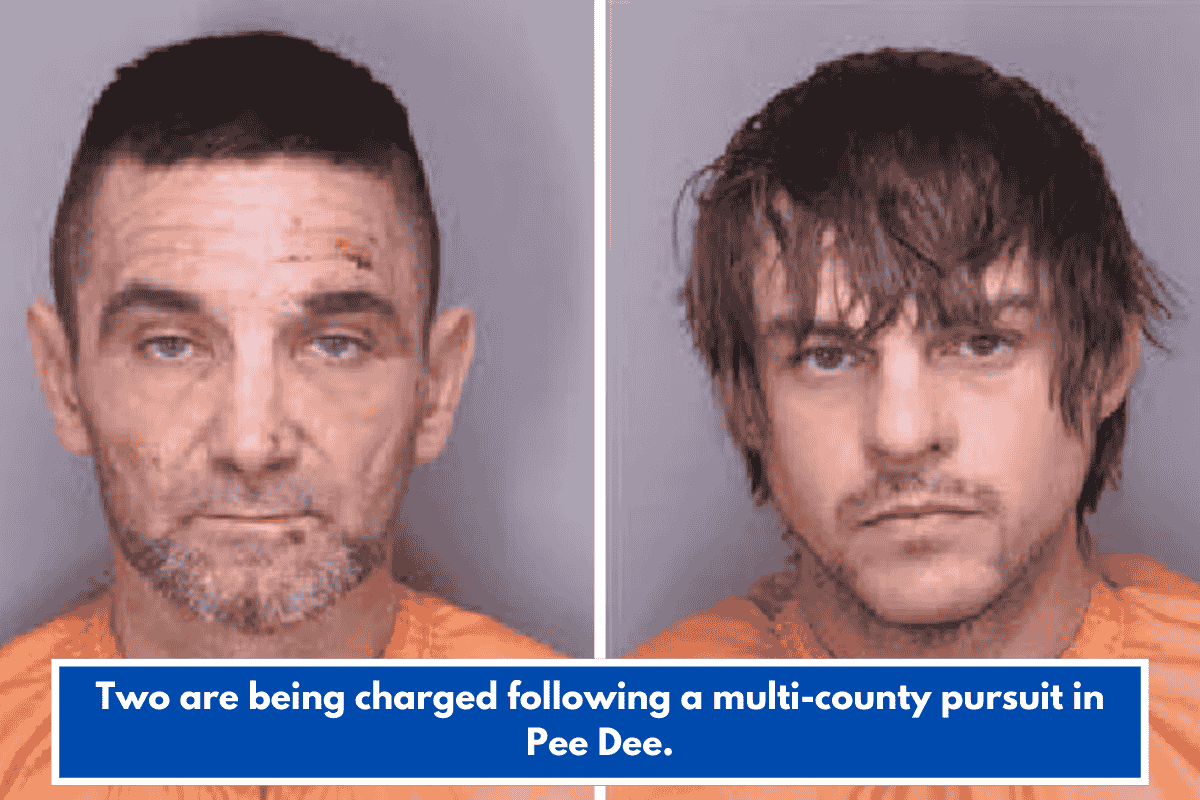Opelousas, Louisiana – Dashcams are becoming more common in vehicles across Louisiana and the U.S. These small cameras, usually placed on the dashboard or windshield, record video while you drive. According to William P. Morrow, a lawyer at Morrow Law Firm in Opelousas, dashcams can be very useful in accident investigations and insurance claims.
Here’s a simple breakdown of how dashcams can help you, what the legal rules are in Louisiana, and what you need to keep in mind as a driver.
Why More Drivers Are Using Dashcams
Dashcams are small cameras that continuously record the road in front of (and sometimes behind) your car. Some models also record inside the car. This footage can be very helpful if you’re ever involved in an accident, as it shows exactly what happened.
Benefits of Dashcams in Accident Cases
1. Clear Proof of What Happened
Dashcams record the events before, during, and after a crash. This helps show what caused the accident and who was at fault.
2. Protects Against Fake Claims
Some people stage accidents to try and get insurance money. A dashcam can protect you from being blamed unfairly.
3. Makes Insurance Claims Easier
Insurance companies often ask for proof when processing claims. Dashcam video provides solid evidence that can speed up your claim.
4. Encourages Safer Driving
When drivers know they’re being recorded, they’re more likely to drive responsibly. This can lower the chances of accidents.
What Are the Legal Rules for Dashcams in Louisiana?
Even though dashcams are useful, there are important legal points to understand:
1. Is Dashcam Footage Allowed in Court?
Yes, dashcam videos are generally allowed in court, but they must be:
- Relevant to the case
- Verified as real and not edited
- Clearly showing the events in question
2. Watch Out for Privacy Issues
While dashcams mostly record public roads, you should avoid recording private conversations or areas where people expect privacy, as this could cause legal problems.
3. No Specific Dashcam Laws, But…
Louisiana doesn’t have special laws just for dashcams, but general rules still apply. For example, if the camera blocks your view while driving, you could be fined. Always mount your dashcam safely and securely.
How Dashcam Footage Helps After an Accident
In case of an accident, dashcam footage can be a powerful tool. Here’s how:
– Shows Who Was at Fault
The footage can show which driver caused the crash, especially if both sides tell different stories.
– Supports or Challenges Witness Statements
Eyewitness accounts can sometimes be inaccurate or conflicting. Video footage gives a more reliable version of events.
– Shows Road and Traffic Conditions
Was the road wet? Was the light red or green? Dashcams record such important details that help in investigations.
– Captures Damage and Impact
The moment of impact, vehicle damage, and even some injuries can be seen clearly in dashcam footage. This helps with repair costs and medical claims.
Looking Ahead: The Future of Dashcams in Legal Cases
As technology improves, dashcams are adding features like:
- GPS tracking
- Live video uploads
- Driving data analytics
These features could make dashcams even more useful in solving legal and insurance disputes quickly and fairly.
Using a dashcam in your car in Louisiana is not only smart, but also very helpful if you’re ever in an accident. It can:
- Help prove who’s at fault
- Speed up your insurance claim
- Protect you from false accusations
- Make you a safer driver
However, it’s also important to know the legal rules, such as not blocking your view or invading privacy. If you’re in an accident, having dashcam footage can make a big difference in getting fair treatment in court and with insurance companies.

